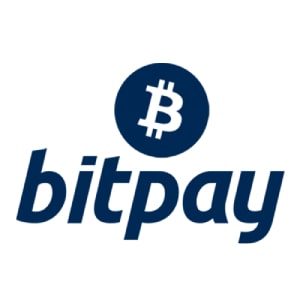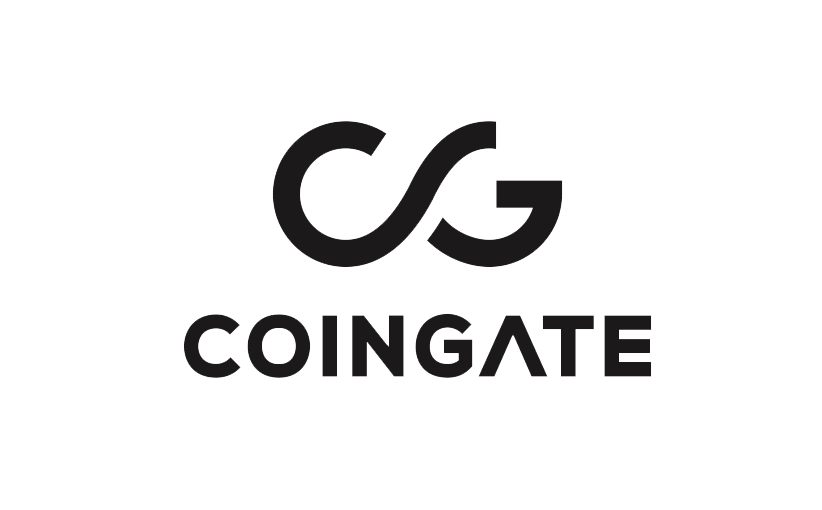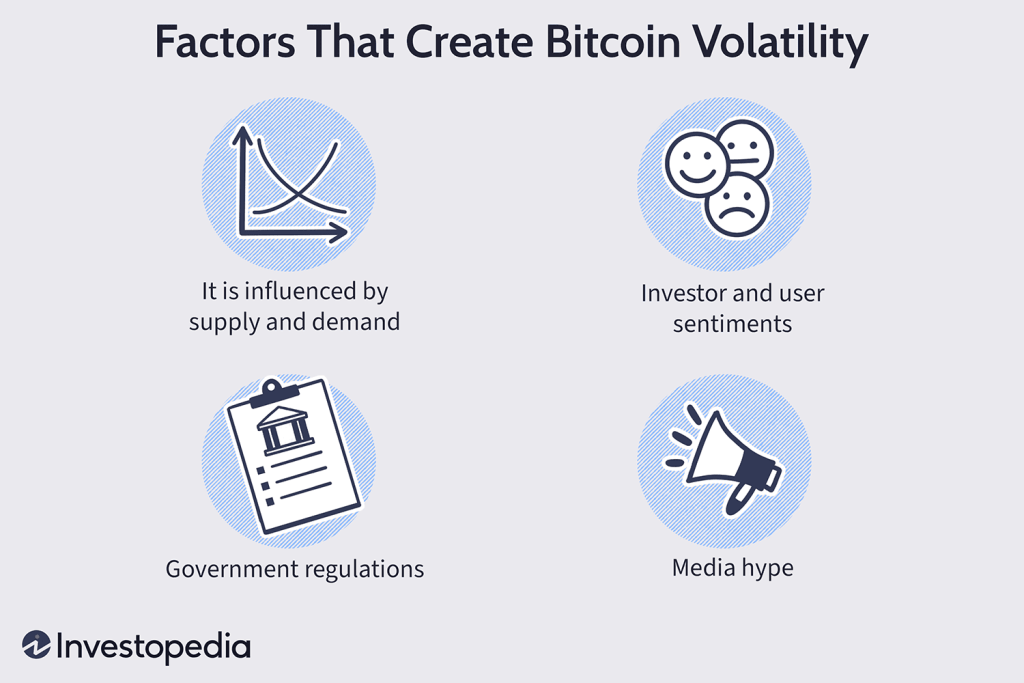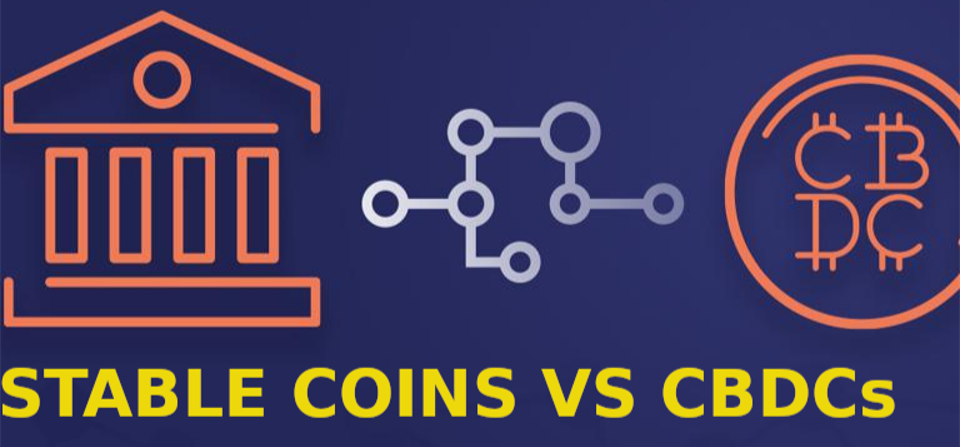AUTHOR : SAYYED NUZAT
DATE: April 26, 2024
Cryptocurrency has transformed the way we perceive money and conduct transactions. One of the most significant developments in this space is the emergence of cryptocurrency merchant services, which offer businesses innovative payment solutions.
Introduction to Cryptocurrency and Merchant Services
Cryptocurrency merchant services refer to platforms or systems that enable businesses to accept digital currencies as a form of payment for goods and services. These services facilitate seamless transactions between merchants and customers, leveraging the decentralized nature of blockchain technology.
Benefits of Using Cryptocurrency Merchant Services
Lower Transaction Fees
Cryptocurrency transactions commonly encompass reduced charges when juxtaposed with conventional payment avenues like credit cards or bank transfers. By eliminating intermediaries and streamlining the payment process, merchants can enjoy cost savings and increased profitability.
Global Accessibility
Unlike traditional banking systems that may have limitations based on geographical location or currency restrictions, cryptocurrency merchant services offer global accessibility. Businesses can reach a broader audience without being bound by borders or rates.
Security and Transparency
Cryptocurrency transactions are secured by cryptographic algorithms and recorded on a public ledger, providing unparalleled security and transparency. Merchants can mitigate the risk of fraud and chargebacks[1] associated with traditional payment methods, enhancing trust and reliability.
Popular Cryptocurrency Merchant Service Providers

Coinbase Commerce
Coinbase Commerce is a leading cryptocurrency payment gateway that enables businesses to accept various digital currencies seamlessly. With user-friendly integration options and robust security[2] features, Coinbase Commerce has become a preferred choice for merchants worldwide.

BitPay
BitPay offers merchants a comprehensive suite of tools and services for accepting cryptocurrencies, including Bitcoin and Ethereum. With features such as invoicing, point-of-sale solutions, and settlement in fiat currency, BitPay[3] simplifies the process of integrating digital payments into businesses of all sizes.

CoinGate
CoinGate provides merchants with a versatile platform for accepting over 50 different cryptocurrencies, along with fiat settlement options. With plugins for popular e-commerce platforms and customizable checkout options, CoinGate empowers businesses to embrace the future of payments.
How Cryptocurrency Merchant Services Work
Understanding the Process
Cryptocurrency merchant services typically involve three main stages: payment processing, currency conversion, and then settlement.
Payment Processing
Merchants integrate cryptocurrency payment gateways into their existing systems, allowing customers to select digital currency as a payment option during checkout. The gateway processes the transaction securely and forwards the funds to the merchant’s wallet.
Currency Conversion
In cases where the merchant prefers to receive payments in fiat currency rather than cryptocurrency, conversion services are utilized. The digital currency is exchanged for the desired fiat currency at the prevailing exchange rate, minimizing exposure to market volatility.
Settlement
Once the transaction is confirmed and settled, the merchant can access the funds either in cryptocurrency or fiat currency, depending on their preferences and requirements. Settlement times may vary depending on the specific cryptocurrency and merchant service[4] provider.
Integrating Cryptocurrency Payments into Your Business
Steps to Integrate Cryptocurrency Payments
- Choosing the Right Provider: Similarly, research and select a reputable cryptocurrency payment gateway that aligns with your business needs and objectives.
- Setting up wallets and addresses: Create secure wallets and unique addresses to receive cryptocurrency payments, ensuring proper management and storage of digital assets.
- Implementing Payment Buttons or APIs: Moreover, integrate payment buttons or application programming interfaces (APIs)[5] into your website or point-of-sale system to facilitate seamless transactions.
Challenges and Risks of Using Cryptocurrency Merchant Services

Volatility
The inherent volatility of cryptocurrencies poses a challenge for merchants, as fluctuations in value can impact pricing and revenue streams. Risk management strategies such as immediate conversion to fiat currency or utilizing stablecoins can help mitigate this risk.
Regulatory Concerns
The regulatory environment concerning cryptocurrencies undergoes perpetual transformation, exhibiting diverse levels of reception and scrutiny across different legal jurisdictions. However, compliance with existing regulations and staying informed about emerging legal frameworks are essential for businesses operating in this space.
Technical Complexities
Integrating cryptocurrency payments into existing business systems may require technical expertise and then resources. Ensuring compatibility, security, and user experience optimization are crucial considerations for a smooth implementation process.
Future Trends in Cryptocurrency Merchant Services
Evolution of the Industry
The cryptocurrency merchant services industry is poised for continued growth and innovation, driven by advancements in technology and changing consumer preferences.

Stablecoins and CBDCs
The rise of stablecoins and central bank digital currencies (CBDCs) is expected to reshape the landscape of digital payments, offering stability and regulatory compliance while retaining the benefits of blockchain technology.
Enhanced Privacy Features
Privacy-enhancing technologies such as zero-knowledge proofs and decentralized identity solutions are likely to gain traction, addressing concerns about data protection and anonymity in cryptocurrency transactions.
Integration with NFTs
The integration of non-fungible tokens (NFTs) with cryptocurrency payments opens up new possibilities for digital asset ownership and monetization, revolutionizing industries such as art, gaming, and then also entertainment.
Conclusion
Cryptocurrency merchant services represent a paradigm shift in the way businesses transact and interact with digital assets. However, embracing the potential of blockchain technology and decentralized finance, merchants can unlock new opportunities for growth, innovation, and financial inclusion.
FAQs
- What types of businesses can benefit from cryptocurrency merchant services? Cryptocurrency merchant services are suitable for a wide range of businesses, including e-commerce retailers, service providers, and brick-and-mortar stores looking to expand their payment options.
- How can merchants manage the risk of cryptocurrency volatility? Merchants can implement risk management strategies such as immediate conversion to fiat currency, setting price thresholds, or utilizing stablecoins to mitigate the impact of market fluctuations.
- Are there any compliance requirements for businesses accepting cryptocurrency payments? Compliance requirements may vary depending on the jurisdiction and nature of the business. It’s essential for merchants to stay informed about relevant regulations, ensure compliance with anti-money laundering (AML), and know their customer’s KYC requirements.
- Can cryptocurrency merchant services integrate with existing accounting and inventory systems? Yes, many cryptocurrency payment gateways offer integrations with popular accounting and inventory management software.

